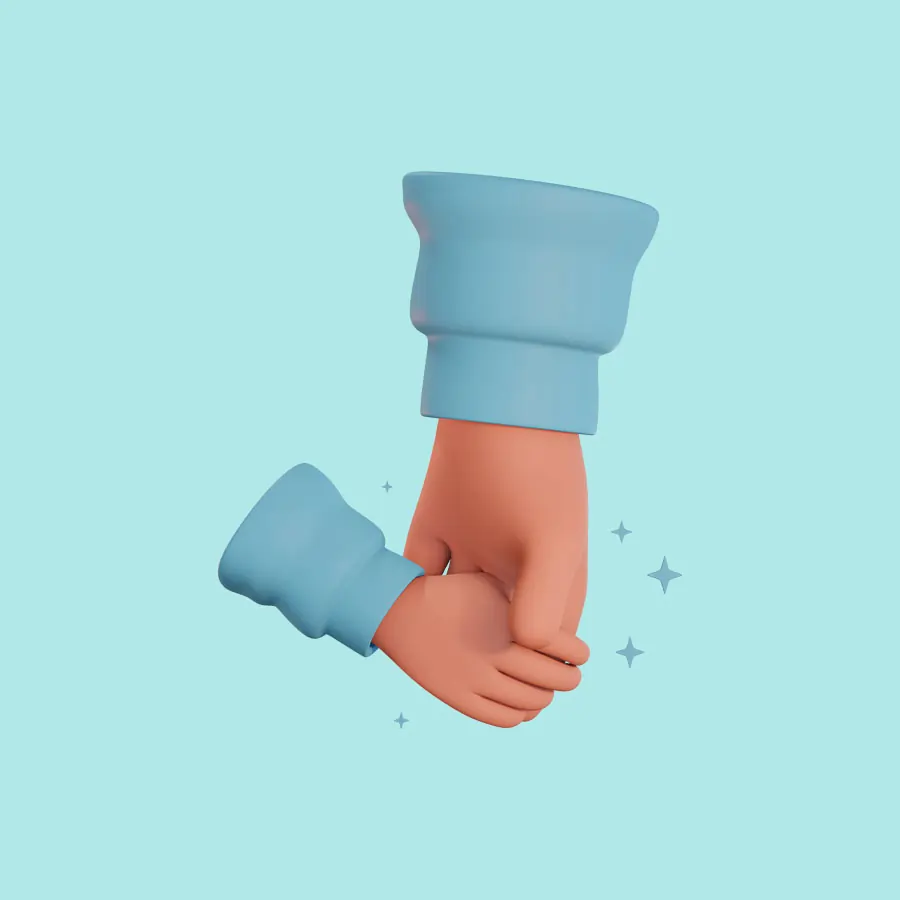
What is term life insurance?
Term insurance is designed to give you coverage for a defined period of time. If you’re starting a family, establishing a new business or growing career, term life may be what you need. It’s generally available for 10, 20 or 30 year periods.
Because term life insurance covers a shorter period than permanent life insurance the rates are generally lower and more affordable. If you have any questions, speak with one of our Ontario life insurance brokers.




How much is term life insurance?
A healthy 30-year-old person can usually get $500,000 in coverage on a 20-year term for around $30 a month. Built for defined periods, term life insurance is good for anyone looking for affordable and flexible coverage to protect a family’s financial security during critical life milestones.
If you have any questions about this or any other kind of insurance reach out, our brokers are here to help.

Benefits of term insurance
Affordable
Term life insurance usually costs a lot less than other kinds of life insurance, because it’s designed for a defined period of time versus your entire life.
Defined
It’s usually limited to 10, 20 or 30 year periods, so you can cover important life stages and family milestones like starting a family or a new business.
Convertible
A term life policy can be converted into a whole life one if your needs change or you reach an age where it’s no longer available (usually age 65).
Have questions?
Reach out to one of our insurance brokers to find out which life insurance options are best suited to your needs. 1-800-731-2228
Frequently asked questions about term life insurance:
Who is term life insurance good for?
Term life insurance is for anyone who needs life insurance for a limited period of time (say while your kids are young) and wants more affordable premiums than they would pay for whole life coverage. In general, you save more the younger you are. If you’re a 30-year-old male non-smoker, you could get $100,000 of term life insurance for as little as $10 a month. If you’re 50 years old, the same coverage would cost you about $40. The difference with whole life is that it starts out much more expensive but the premium never goes up.
What term life insurance should I buy (how much)?
The amount of coverage you buy depends on what you can afford, and how much money your family will need if you should pass away unexpectedly. Some financial advisors recommend getting enough coverage so that your family will be able to make ends meet for 10 to 15 years without your income. If you earn $50,000 a year, that means at least $500,000. Some people want to be able to pay off their mortgage. The reality is that everyone calculates this amount a little differently. If your kids are older and likely to be able to support themselves soon, you don’t need as much coverage.
Is term life insurance taxable/tax deductible?
Unfortunately, life insurance premiums aren’t tax deductible if you pay for them yourself. Businesses that offer life insurance to their employees can in some cases deduct the premiums as a business expense. In terms of life insurance benefits, they would typically be exempt from taxes, just like most all inheritance.
Can term life insurance be cashed in and does it have value?
Unlike whole life insurance, term life policies have no cash value. If you cancel the policy, you don’t get a cash payout.
Does term life insurance cover cancer?
Yes, most term life insurance policies cover cancer as a cause of death. There is usually an exclusion for pre-existing conditions, so if you already have cancer when you buy the policy, you would not be covered if you eventually pass away from that same cancer.
What does term life insurance cover?
Term life insurance covers most causes of death, including most illnesses and accidents. Some causes of death aren’t covered like suicide, or you’re killed while committing a crime, and something an insurance company would consider reckless, like car racing or other extreme sports. We can help make sure you understand what your policy covers. You should know, most life insurance policies exclude pre-existing conditions, meaning that if you die of cancer, and it becomes clear that you already had cancer when you bought the policy, the claim would not be paid. Note that as of 2020, many insurers are excluding COVID-19 from new policies.
Can term life insurance premiums increase?
Term life insurance is, as the name suggests, for a set term, or period of time. If you buy a 10-year term life policy, the monthly premium should not change for the duration of that term. Once the term expires, you will pay more to buy a new policy, say for the next 10 years. By comparison, if you bought a whole life policy, you would be guaranteed the same premiums for your whole life.
What is term life insurance conversion? Can term life insurance be converted to whole life?
Yes, you can certainly convert your term life insurance policy into a whole life policy. You might want to do this if you feel your life insurance needs were temporary, but then discover that you will need ongoing coverage past the end of your current term. Good to know: when you convert a term life policy to whole life, your premiums will go up a lot at first – double or more. But the benefit is that once you have a whole life policy, the premiums will never go up again unless you change the coverage level.
Why and when is term life insurance a good idea?
Term life insurance is the least expensive life insurance option for anyone who needs coverage for a limited time, and doesn’t need something with an investment or savings component – like a new parent wanting peace of mind while the kids are growing up. Or maybe you’re starting a new business and want to make sure your family is protected until the business has been running for a while and is providing a regular income. Term life insurance is cheaper than whole life insurance, and is available for 10, 15, 20 and 30 year terms. If you want life insurance for longer, or if you want something with an investment element, you probably want a whole life policy.
You are unique, so are your insurance options
Being an brokerage for over 70 of Canada’s top insurers means we have access to a wide range of insurance solutions at some of the best rates in Ontario. Want to learn more about the coverage options available to you? Here’s a few of them:









